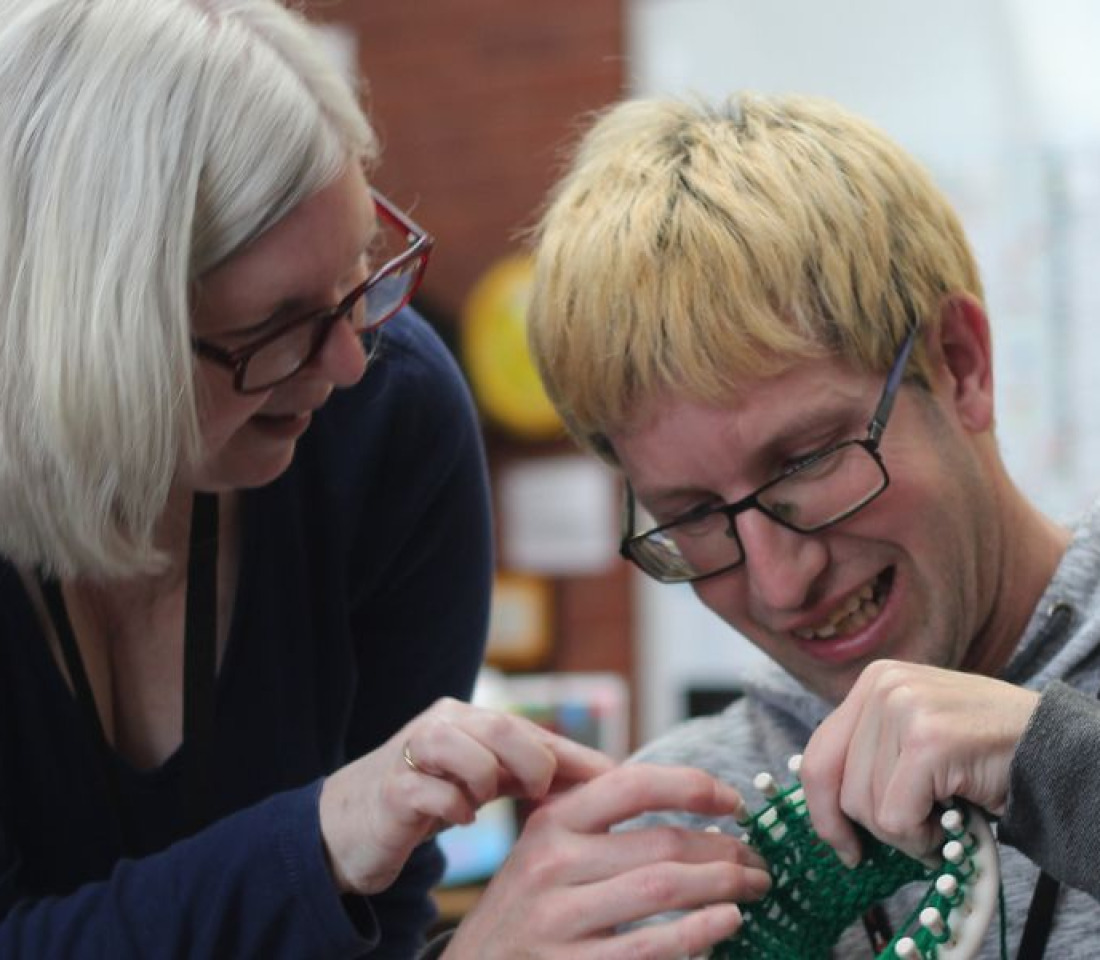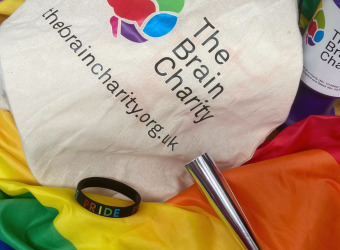
Why neurodiversity makes your workplace stronger
Unlocking innovation, inclusion & untapped potential
At The Brain Charity, we believe in a world where neurological differences are understood, valued, and celebrated. In today’s dynamic professional landscape, businesses increasingly recognise that true strength comes from diversity in all its forms, including neurodiversity. And with only 3 in 10 people who are autistic in employment according to research, it is more important than ever to cultivate a more neuro-inclusive work environment.
But what exactly is neurodiversity, and why is it so crucial for workplaces to embrace it? Let’s dive in.
What is neurodiversity?
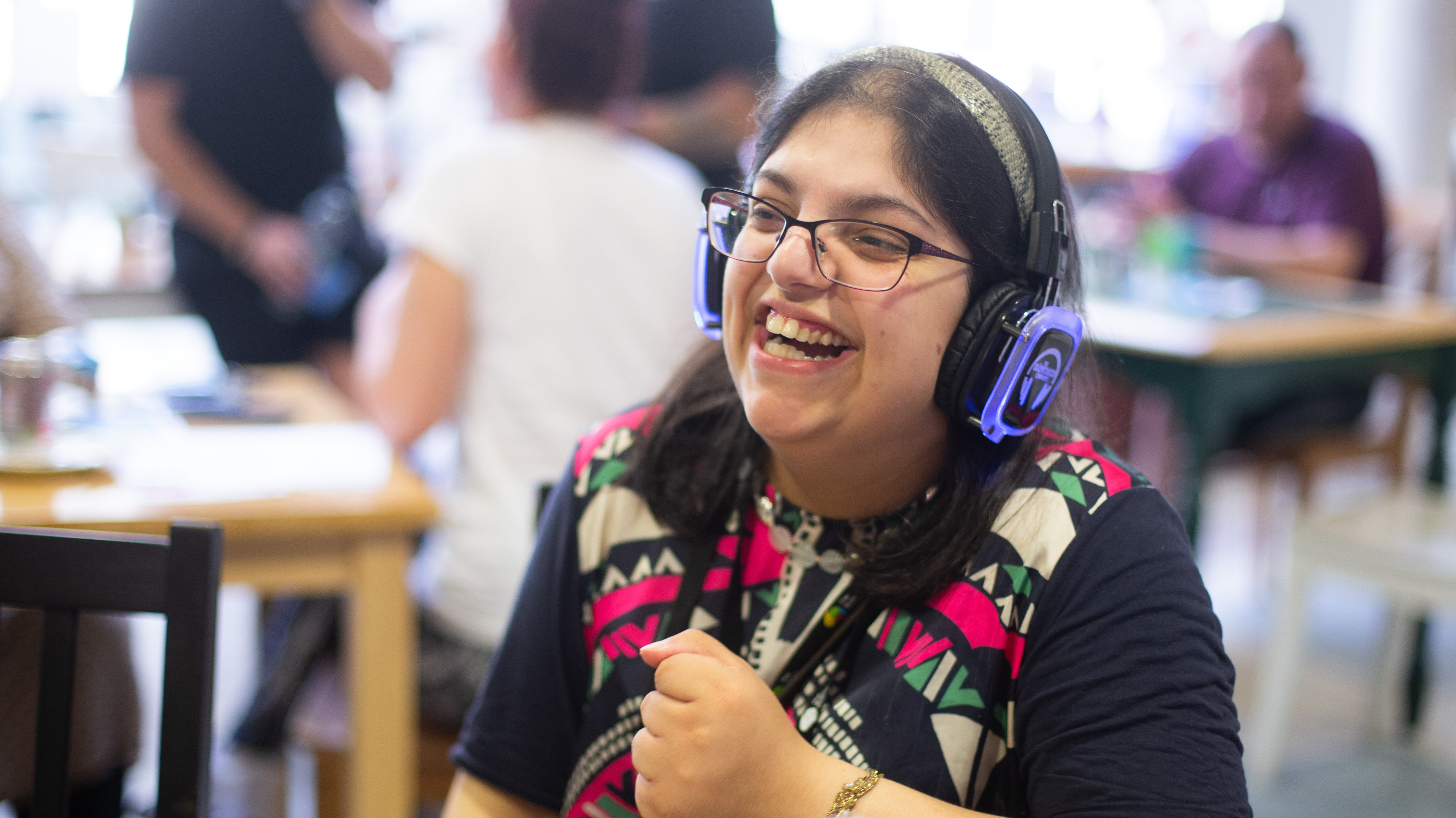
Neurodiversity is an umbrella term that refers to the natural variation in the human brain and its functions. It acknowledges that every brain is unique and that these differences are not deficits but simply alternative ways of processing information, thinking, and interacting with the world.
Neurodivergence refers to the specific variations within neurodivergent individuals, often including people who are autistic, have ADHD, or have dyslexia. Understanding these differences helps to create more inclusive and supportive environments for neurodivergent individuals in schools, workplaces, and society.
It’s estimated that between 15-20% of the global population is neurodivergent, meaning you likely work alongside or know many neurodivergent individuals already.
Let’s explore some of the main conditions considered neurodivergent and the unique strengths they can bring to the workplace.
Understanding the strengths and challenges of neurodiversity
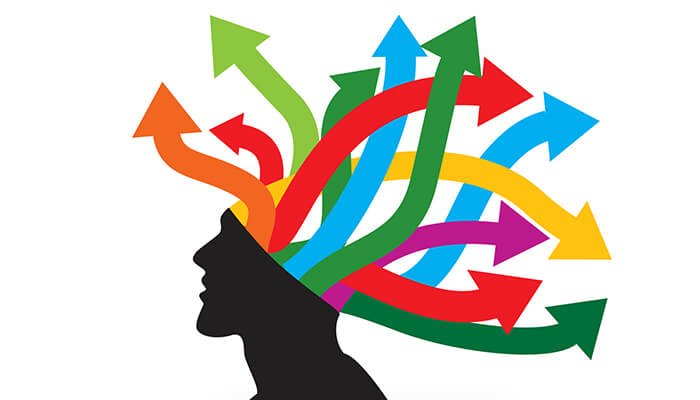
Neurodiversity encompasses a wide range of conditions, each with its own profile of strengths and challenges. The seven main conditions considered neurodivergent are:
While each individual’s experience is unique, many neurodivergent people share common strengths such as creativity, resilience, innovative thinking, and the ability to approach problems from fresh perspectives.
To learn more about the strengths and challenges associated with these conditions, read our blog on ‘Understanding the main seven conditions considered neurodivergent‘ here.
The benefits of neurodiversity for employers?
Embracing neurodiversity isn’t just about good corporate responsibility; it’s a strategic advantage that brings tangible benefits to organisations. Employers who actively recruit and support neurodivergent talent often see significant improvements across various areas:
Innovation and creativity
Neurodivergent individuals often bring fresh perspectives and out-of-the-box thinking. Their unique cognitive processes can lead to novel solutions to complex problems, fostering a culture of innovation and pushing boundaries within teams. Many excel at pattern recognition and seeing connections others might miss.
Enhanced problem-solving skills
With different ways of processing information, neurodivergent employees frequently demonstrate exceptional problem-solving abilities. They can approach challenges from angles that neurotypical individuals might not consider, leading to more comprehensive and practical solutions.
High levels of concentration and attention to detail
Many neurodivergent individuals can hyperfocus on tasks that capture their interest. This can translate into remarkable concentration, precision, and a keen attention to detail, leading to fewer errors and higher quality work.
Strong technical and specialist abilities
Neurodivergent talent often displays impressive aptitudes in specific areas, especially in roles requiring technical expertise, data analysis, or creative design. Their ability to deeply immerse themselves in a subject can result in unparalleled knowledge and skill in their chosen field.
Reliability and persistence
Often, neurodivergent employees are highly conscientious, reliable, and persistent. Once committed to a task, they can demonstrate remarkable dedication and a strong work ethic, ensuring projects are seen through to completion with diligence.
Improved employee morale and company culture
When an organisation actively champions neurodiversity, it sends all employees a powerful message of inclusion. This fosters a more supportive and accepting workplace culture, enhancing overall employee morale and promoting an environment where everyone feels valued and respected for their unique contributions.
Access to a broader talent pool
By removing traditional barriers in recruitment and fostering an inclusive environment, employers can tap into a significantly broader and often overlooked talent pool. This allows businesses to find highly skilled individuals who might otherwise be excluded from the workforce.
How can workplaces become more neuro-inclusive?
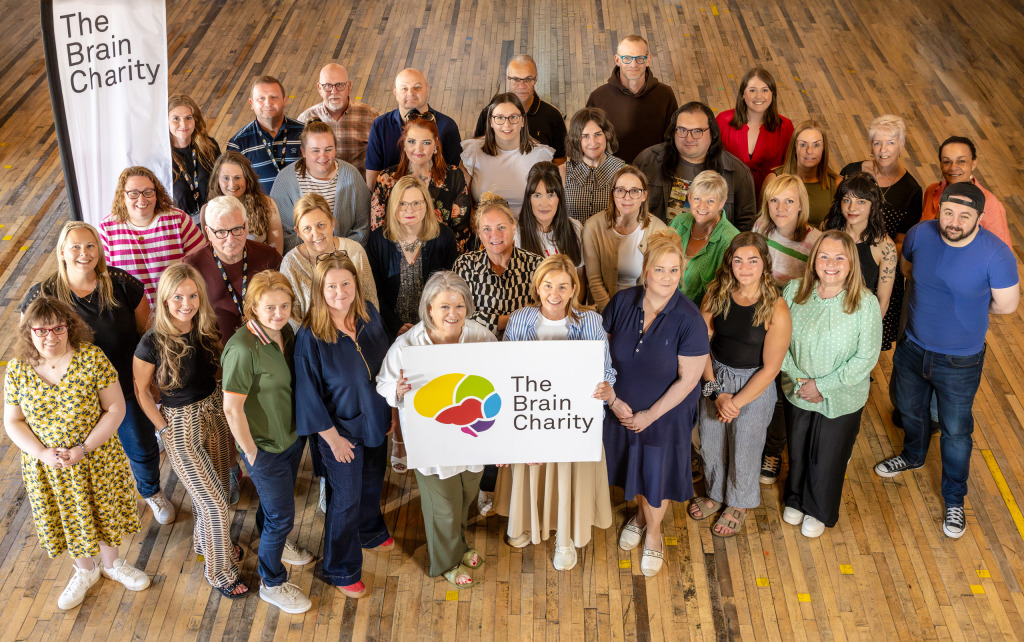
Creating a truly neuro-inclusive workplace goes beyond hiring; it fosters an environment where neurodivergent employees can thrive. Here are some key strategies:
Rethink recruitment and onboarding
- Review job descriptions: Use clear, concise language and focus on essential skills rather than abstract traits like “cultural fit.”
- Adapt interview processes: Offer alternative formats, such as work trials, pre-provided questions, or portfolio reviews, to allow candidates to showcase their abilities effectively.
- Provide straightforward onboarding: Offer structured information and support to help new employees settle in.
Provide flexible work arrangements
- Offer remote or hybrid options: This can reduce sensory overload and provide a more controlled environment.
- Flexible hours: Allowing adjustments to schedules can accommodate individual energy levels and routines.
Create sensory-friendly environments
- Adjust lighting: Offer natural or softer lighting options, avoiding harsh fluorescents.
- Manage noise: Provide noise-cancelling headphones, designate quiet zones, or adjust office layouts to reduce distractions.
- Consider office design: Instead of exclusively open-plan layouts, offer varied workspaces, including quieter, more enclosed areas.
Enhance communication and support
- Be clear and direct: Avoid metaphors, idioms, or vague instructions. Provide information in both written and verbal formats.
- Implement a mentorship system: A trusted mentor can provide ongoing support, answer questions, and offer guidance.
- Provide neurodiversity training for all staff: Education is key to building understanding, reducing stigma, and equipping managers and colleagues with the tools to support neurodivergent team members.
Offer reasonable adjustments
Employers have a legal obligation to provide reasonable adjustments for employees with disabilities, which includes many neurodivergent conditions. These can be simple changes, such as:
- Assistive technology (e.g., screen readers, voice-to-text software)
- Specific software or tools
- Adjustments to workload or deadlines
- Regular, structured feedback
The Brain Charity: Your partner in neuro-inclusion
Recognising the strengths and challenges of neurodivergent individuals, we can create more inclusive, supportive environments that enable them to thrive. True inclusion goes beyond simply acknowledging differences—it requires us to implement practical strategies and accommodations that facilitate neurodivergent people’s success in all aspects of life, from education to the workplace.
At The Brain Charity, we are passionate about helping organisations unlock the full potential of a neurodiverse workforce. Specialised neurodiversity training offers practical strategies and insights to help your workplace:
- Understand what neurodiversity is and why it matters.
- Develop inclusive recruitment and retention processes.
- Adapt workspaces for neurodivergent staff.
- Implement effective support strategies.
- Become a Disability Confident employer.
By embracing neurodiversity, you’re not just creating a fairer workplace but also building a stronger, more innovative, and more resilient organisation for the future.
Ready to champion neurodiversity in your workplace?
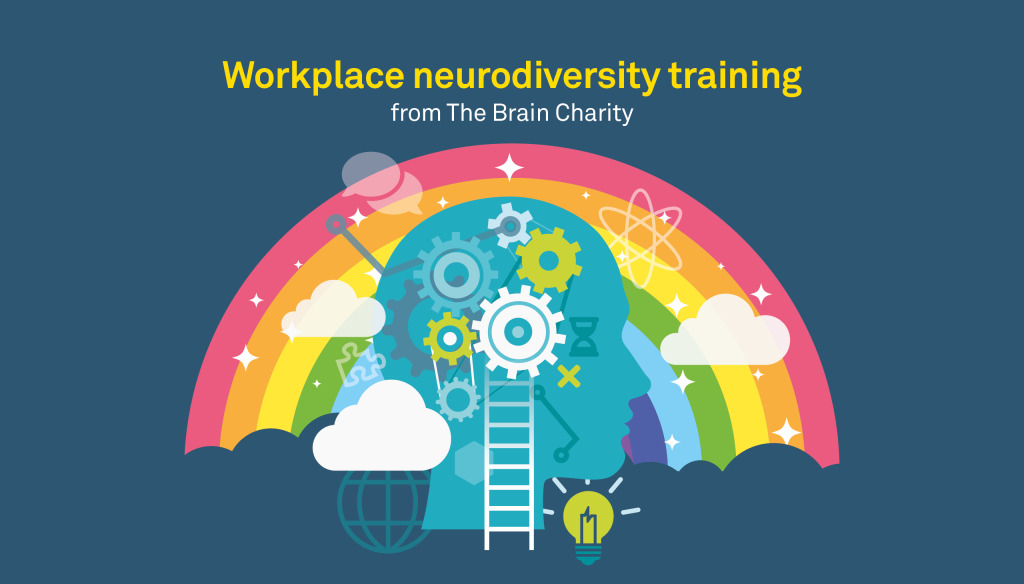
Contact The Brain Charity today to learn more about our tailored neurodiversity training packages and how we can help you create a truly inclusive environment where everyone thrives.
Ready to book a training session? Simply complete our customer booking form and include three preferred dates. For in-person sessions, we recommend providing at least one month’s notice to ensure availability.
Have any questions or need to tailor the workshop to your organisation’s needs?
Contact Jane Cullen, Training Manager at The Brain Charity on 0151 298 3287 or 07888 297 836. Alternatively, email training@thebraincharity.org.uk, and someone will be in touch.
Category: News
Published: 11 July 2025

